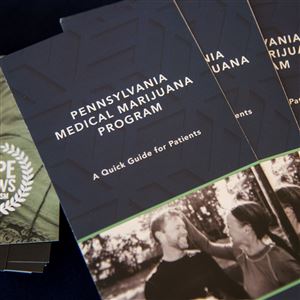A South Dakota legislative subcommittee recommended on Wednesday that the state’s medical marijuana regulations prohibit the home cultivation by patients.
A recommendation from the South Dakota Legislative subcommittee comes from a group of lawmakers working to draft rules to limit provisions of Initiated Measure 26 (IM26), a ballot measure to legalize medical marijuana that was passed by nearly 70 percent of South Dakota voters in the November 2020 general election.
The announcement came from a subgroup of the South Dakota Marijuana Summer Study Committee, a panel of lawmakers that was assembled to make changes to IM 26. In addition to eliminating home cultivation, the panel is considering proposals including repealing legal protections for marijuana businesses and their attorneys and another that would allow local governments to prohibit cannabis businesses to operate in their jurisdictions.
“We’re not here to say no to marijuana,” said Republican state Representative Carl Perry. “What we’re here doing is making sure it’s good [policy].”
South Dakota Voters Approved Medical Marijuana in November
Following the passage of IM 26 and a separate ballot measure to legalize cannabis for use by adults, South Dakota Governor Kristi Noem announced that implementing the medical marijuana initiative would be delayed. The delay came despite provisions of state law that approved ballot measures take effect on July 1 of the year following passage, which would have been this year.
“We are working diligently to get IM 26 implemented safely and correctly,” Noem said in a statement released by her office. “The feasibility of getting this program up and running well will take additional time. I am thankful to our legislative leaders for helping make sure that we do this right.”




